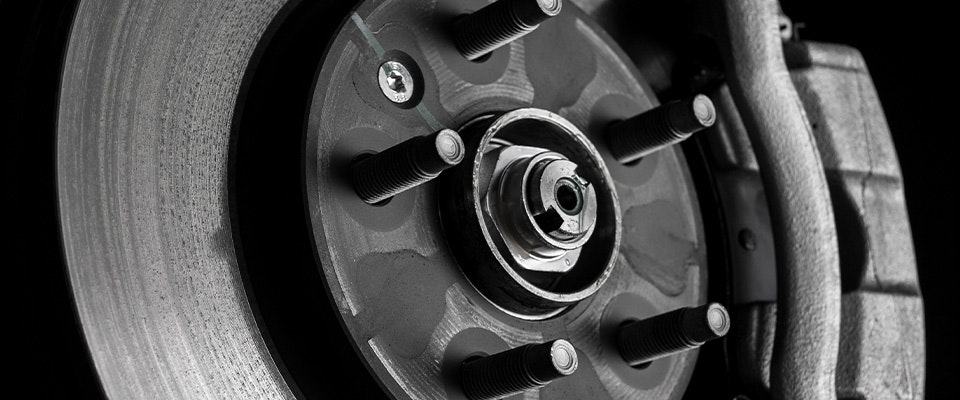
The next generation of Braking is here!
The next generation of braking is here with the Repco RCT pads.
Read moreWith more horsepower being delivered at the wheels of today's modern vehicles, the demand on the vehicle's braking and drive systems have increased significantly.
In 2000, asbestos was removed from all braking systems and has been replaced with various compounds ranging from semi metallic to organic compounds. This means that the brake systems now generate more heat than previously and this has changed the way brakes are serviced as well as how often.
To increase braking efficiency, vehicles are often fitted with softer brake rotors and harder compound brake pads. This does improve the braking efficiency but it does mean the systems have to be maintained more often.
At Duca Automotive your brakes are visually inspected for:
Duca Automotive makes it a rule to always advise our customers of any required repairs & costs involved. If you have any concerns about your braking system please discuss them when you book in your vehicle.
NB: Rotors and drums have a strict legal wear limit to ensure safe operation so do not machine beyond these limits, doing so places your safety and the vehicles insurance cover at risk.
Your vehicle's brake discs are one of the most vital operating systems of your vehicle. By understanding a little more about how the brake discs work, you'll realise the importance of regular checks and servicing:


The next generation of braking is here with the Repco RCT pads.
Read more
Without the brake fluid your brakes quite simply would not work.
Read more
Discover expert tyre maintenance at your local mechanic Duca Automotive. From balancing to replacement, we ensure your tyres are safe, efficient, and built to last.
Read more